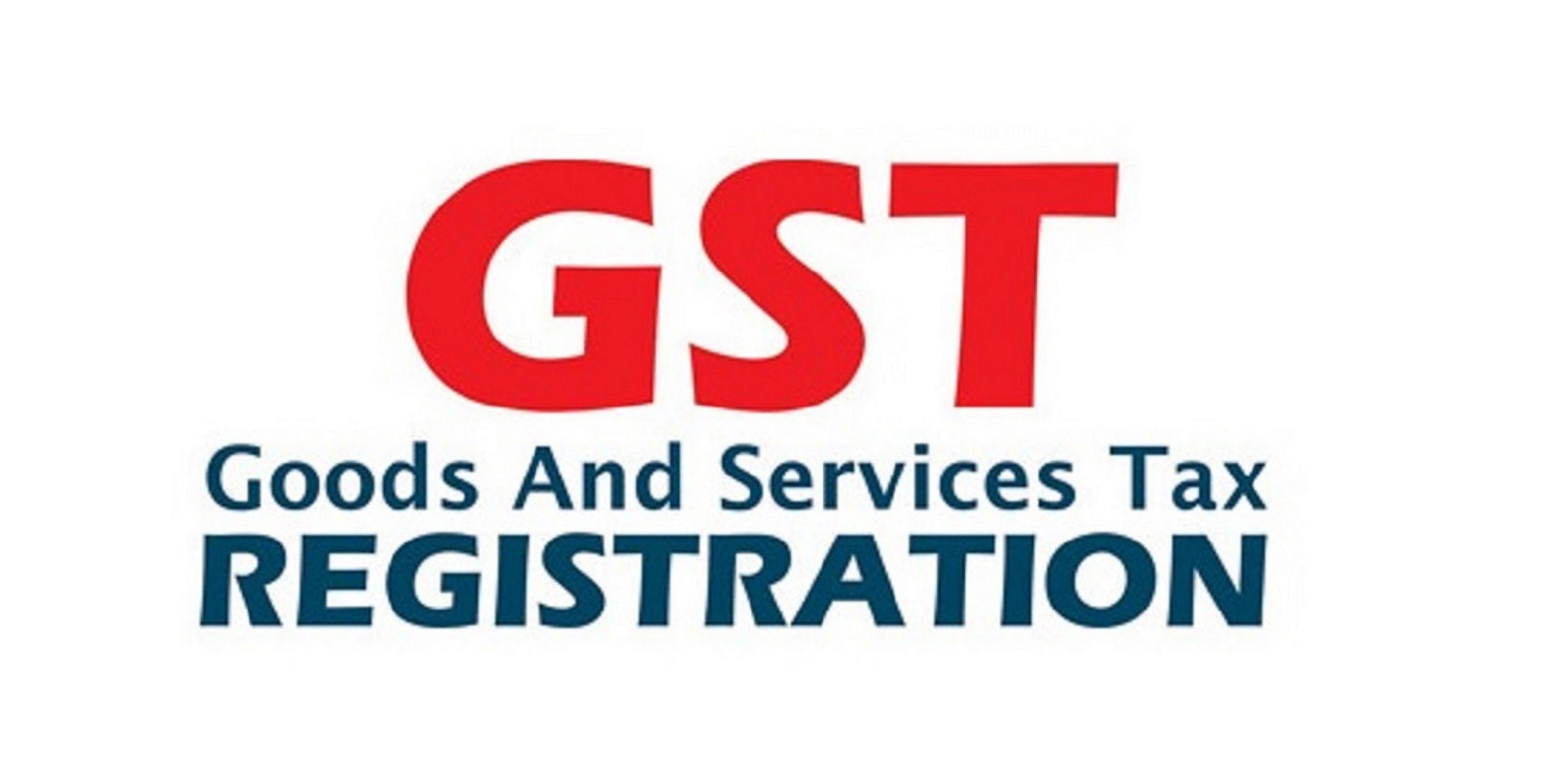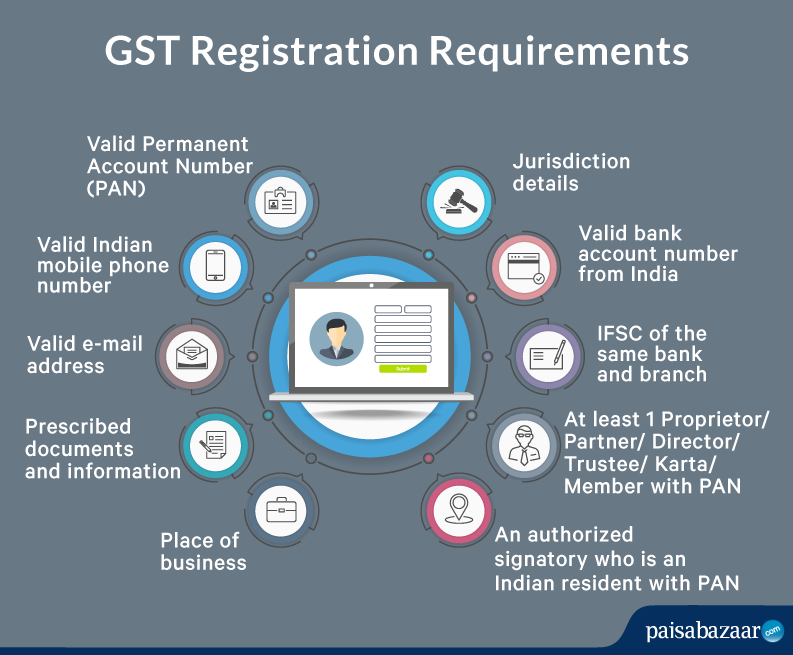Top Rated Best GST Registration Services in Singapore for 2024
Top Rated Best GST Registration Services in Singapore for 2024
Blog Article
From Beginning To End: The Ultimate Roadmap to GST Registration for Services Looking For Financial Stability
Navigating the complexities of Item and Provider Tax (GST) registration is a vital action for services striving for financial stability. Breaking down the roadmap right into workable steps can streamline the registration trip for organizations looking to improve their monetary standing.
Recognizing GST Essentials
Looking into the essential concepts of Goods and Services Tax Obligation (GST) is necessary for gaining an extensive understanding of its effects on services and the economic situation. GST is a value-added tax obligation levied on many goods and services for residential usage. It has changed numerous indirect taxes that existed in the pre-GST era, streamlining the tax structure and improving ease of doing organization in India. Under the GST system, both solutions and products are taxed at a certain price, which is identified based on their category. Businesses are called for to register for GST if their yearly turnover surpasses the threshold limitation set by the federal government. Input Tax Debt (ITC) is a considerable function of GST, enabling services to assert credit rating for taxes paid on inputs, decreasing the overall tax obligation burden. Comprehending the essentials of GST is critical for services to abide by tax laws, manage their finances successfully, and add to the nation's financial growth by taking part in a clear tax system.
Qualification Criteria for Enrollment
As of the current laws, the threshold restriction for GST registration is a yearly aggregate turnover of 40 lakhs for organizations operating within a state, other than for special group states where the limit is 20 lakhs. In addition, certain services are required to sign up for GST regardless of their turnover, such as interstate distributors, laid-back taxed persons, and services accountable to pay tax under the reverse cost mechanism. It is vital for organizations to extensively evaluate their turn over and purchase kinds to determine their GST enrollment obligations precisely.
Records Required for Registration
Having actually satisfied the eligibility standards for GST registration, companies must currently ensure they have the requisite records in place to proceed with the enrollment process successfully. The files required for GST registration usually include proof of company constitution, such as partnership action, enrollment certificate, or consolidation certification for various kinds of services. In addition, companies require to provide files developing the major place of company, such as a rental contract or electrical power bill.
Step-by-Step Registration Refine
Commencing the GST enrollment process includes a collection of organized steps to ensure a compliant and smooth enrollment for businesses. The initial step is click here for more info to check out the GST website and fill up out the enrollment type with exact details of the organization entity. Following this, the candidate obtains a Short-lived Reference Number (TRN) which is used to return to the application procedure if it's not finished in one go.
Following, all needed documents as per the checklist given by the GST portal requirement to be posted. These records generally include proof of organization address, identity and enrollment evidence of promoters, monetary statements, and business entity's frying pan card.

Post-Registration Compliance Guidelines

Final Thought
In conclusion, companies seeking monetary stability needs to comprehend the fundamentals of GST, meet qualification criteria, gather required documents, follow the detailed registration process, and comply with post-registration guidelines - Best GST registration services in Singapore. By sticking to these actions, businesses can ensure compliance with tax obligation policies and keep financial stability in the future
In addition, particular services are needed to register for GST regardless of their turnover, such as interstate distributors, informal taxable persons, and businesses accountable to pay tax obligation under the reverse fee system.Having fulfilled the eligibility standards for GST registration, companies should currently ensure they have the requisite documents in location to continue with the registration process successfully. anchor The files needed for GST registration typically consist of proof of service constitution, such as partnership deed, enrollment certification, or consolidation certification for different kinds of organizations. Furthermore, organizations need to provide documents establishing the major place of company, such as a rental arrangement or electrical power bill.Commencing the GST enrollment process entails a series of structured steps to ensure a smooth and compliant registration for services.
Report this page